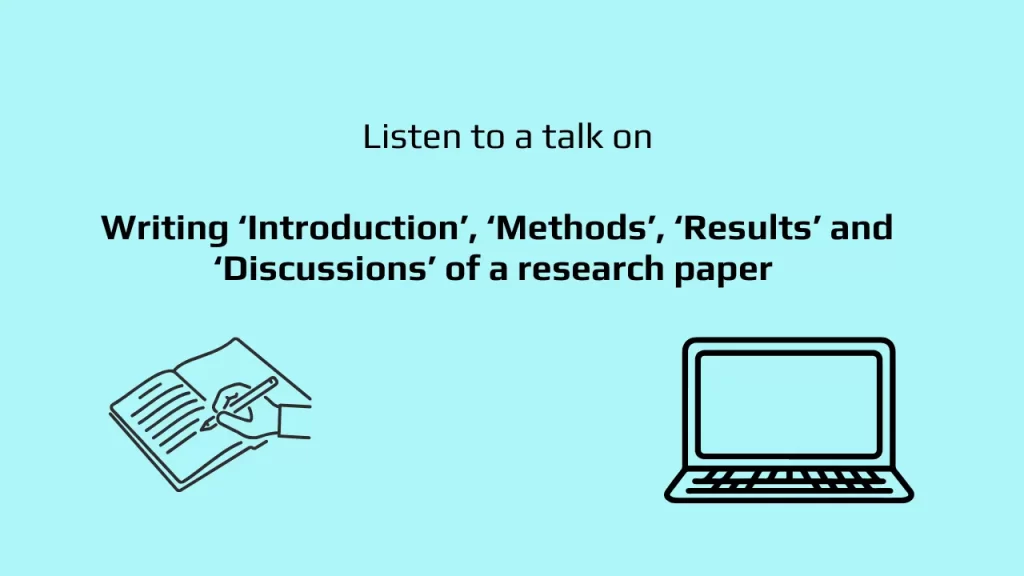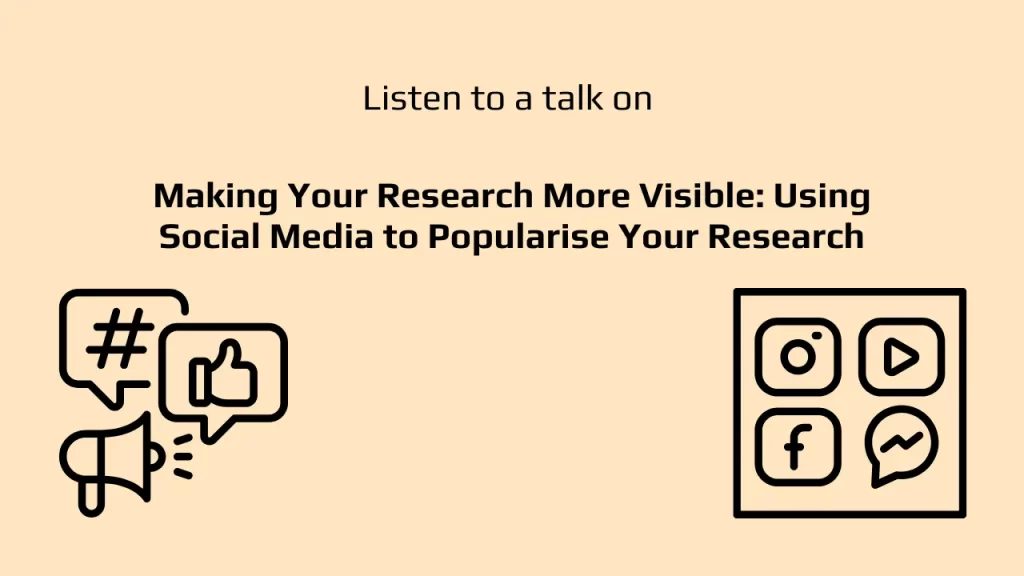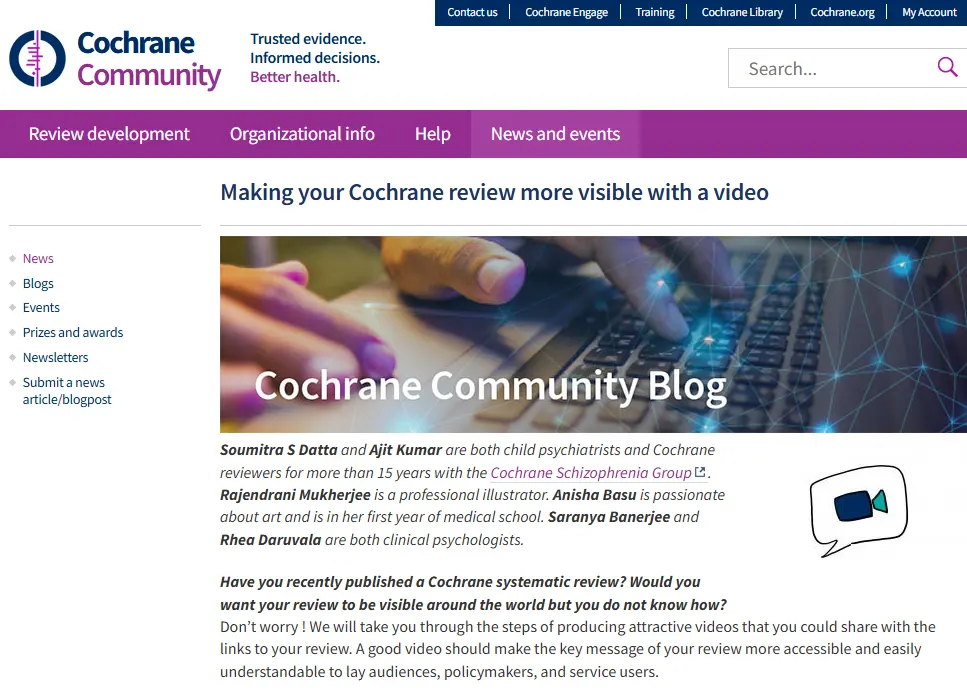Researchers need to be good communicators from the initial planning of the project to the dissemination of the research project’s findings on social media at the very end of the project. Modern research demands various communication skills, such as team communication, individual communication, written communication, and social media communication.

We have developed a 12-step communication journey of a typical research project:
- Setting up a collaboration: Most good research projects start with the ability to communicate and discuss the research idea between collaborators. At this stage, the various stakeholders should be able to voice their opinions and reach a consensus.
- Communication with sponsors: For sponsored research, be it public funding or industry sponsorship, the principal investigator and his collaborators must be clear about each other’s expectations.
- Training and team communications: The research team leaders need to provide guidance during the project’s implementation. New project staff often need to be recruited at the beginning of any large project, and they need to be trained to play their part in the project. Communication with the new staff should always be bidirectional. Special communication workshops often help improve data quality in research projects requiring questionnaires and interviews.
- Developing consent forms: If the project involves human subjects, communication material such as information leaflets and consent forms must be developed. The language of the forms should be clear so that potential participants can understand the content.
- Explaining the research project to potential participants: The project staff should have the skills to explain the purpose, benefits and risks of participating in the project in simple language to potential participants.
- Obtaining valid and appropriate written consent from participants: It is imperative that research participants be allowed to ask any questions they may have before giving their consent. The team members entrusted with the consenting process should be trained in it and have the appropriate communication skills.
- Managing adverse events: Adverse events should be reported promptly and appropriately, and the research team should address any concerns the participants may have. This often requires discussions and domain knowledge, in addition to good communication skills.
- Corresponding with journal editors and responding to reviewers: Writing to journal editors and back-and-forth addressing reviewers’ comments has much to do with appropriate written communications.
- Press release preparation following key publications: Press releases, when needed, should be succinct and not overhyped compared to what the study has found.
- Managining social media communications: It is almost a norm to disseminate key research findings after academic publications via social media through visual abstracts and images. This requires scientific honesty, clarity to simplify complex scientific messages for the lay public, and a high degree of sensitivity to readers’ emotions when developing social media communication materials. (Access here our featured cochrane review with four different visual abstracts) The team should also have a way to address any social media mishap and a communication strategy for this well in advance.
- Ending the project on a positive note: It is imperative that projects end on a positive even if they have not found data to support the hypothesis that was the basis of the project. There is often very little appreciation reserved for the honesty of a principal investigator who communicates the findings of a negative trial, although this requires immense courage and humility. We believe if you are genuinely venturing to extend the horizons of knowledge, it is impossible to predict the results before the research is completed. At the closure of the research study, all obligations should be met by those responsible for it. This often requires formal communication between the principal investigator and the sponsor. There may be the seeds of subsequent projects that emerge from the gaps in knowledge that emerged in the course of the current research project.
Please register here for free to listen to a pre-recorded webinar by Wiley on Using Social Media to Promote Your Research Paper.

If you want some tips about making your research more visible by a visual abstract in the form of a short video you can click on the picture below to take you to a blog published in the Cochrane Community.

